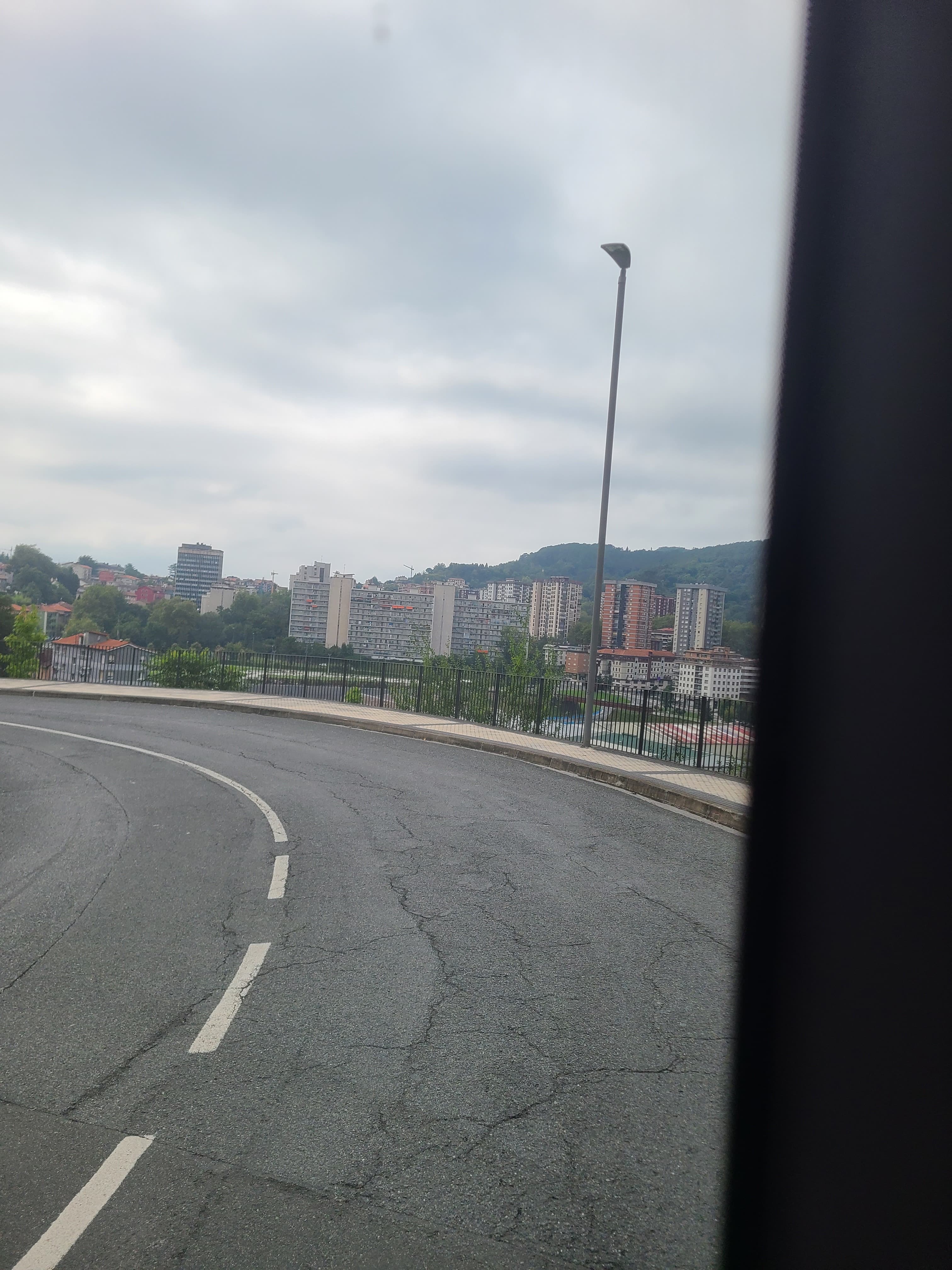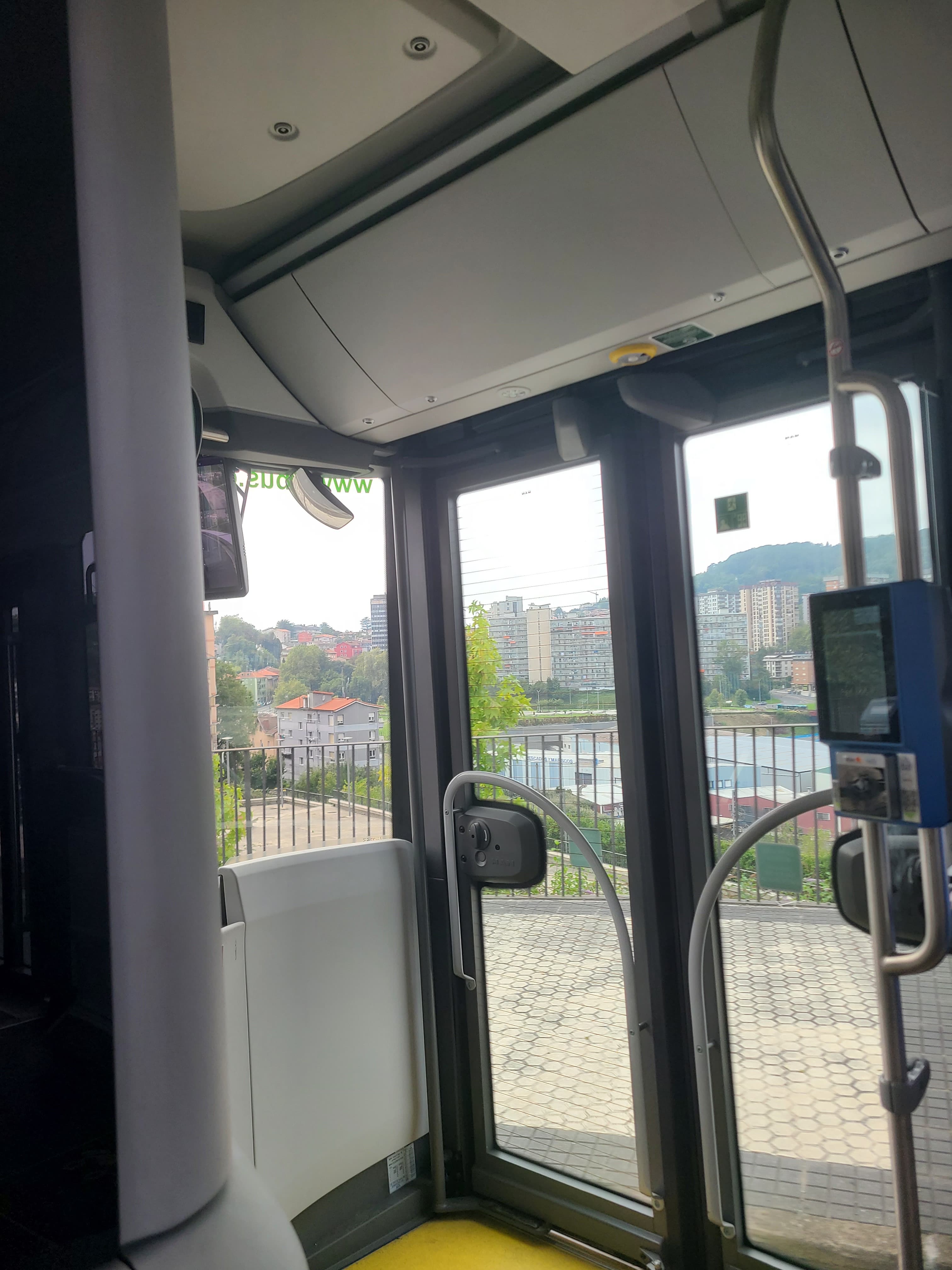Hello or as the Basque say, “Kaixo“(pronounced kai-sho) from San Sebastián, Spain.
I’ve been here for 20 days, and as I’m writing this, I have a little less than half a day left. It feels like a lifetime has passed with all that I’ve done and discovered: bike riding along the beach, learning the bus routes, and exploring the city all while chasing the best pintxobar.I’ve enjoyed the community bond, the hospitality that San Sebastián has shown me, and so much tarta de queso (cheesecake). I don’t know if I’ll be able to just pack up and leave without leaving a bit of myself behind.
Being a seasoned traveler, I must say that it begins to take a toll on the soul leaving pieces of yourself in every place you visit.With every trip, you learn new customs and traditions and in this case, I learned a new language as well. In my research, I found out that San Sebastián is in the country of Spain and is part of the politically autonomous region of Gipuzkoa. Gipuzkoa is one of seven provinces that make up Euskal Herria (Basque Country). Four of these provinces are in Spain, and the other three are in France. Though only recognized by the Spanish government, the Basque Country has a co-official language that still thrives among its people.Euskera, spoken by a little over one million people, is estimated to be between 2,000–3,000 years old and has no roots tying it to any other known language making it an isolate language. The world of languages has always fascinated me, and this trip has definitely fed that obsession. Our talks with the professor about the Spanish Civil War and Franco’s dictatorship only made me question even more about this language.
A couple of days ago, I was privileged enough to go on an adventure to meet four volunteers who translate biblical literature. They dedicate themselves to staying up to date with translating publications into the Euskera language. In order to get to the translation office, I took Bus 13 from the Boulevard, sat back, and watched the scenery, get higher and higher. It got to a point where I was hanging onto the small handrest to avoid sliding off my seat while the bus took the curbs. And finally, Google Maps told me I had arrived. I pressed the call button, and the bus stopped. I was in what felt like the furthest point outside of San Sebastián. When I arrived, my contact told me I had to get to the street above to take an elevator. I followed the instructions and ended up in front of a random elevator. I didn’t know what to expect, but a random elevator that would lead me to a parallel street was definitely not it. When I arrived at the office, I was greeted in a very Basque way: a big hug and a kiss on both cheeks.
During our conversation, I asked, “If Euskera is a co-official language, and most everyone speaks Spanish, is it still necessary to translate these publications?”
I was given a very firm and heartfelt “yes.”
“It is the language of the Basque people’s heart. Yes, they understand and speak Spanish. However, when they hear a song or read a religious publication in the language spoken in the home where they grew up a language that comes from their parents, their grandparents it does something to them. It reaches their heart.”
Keeping that in mind, I was extremely excited for my first-ever Basque class. We met with Professor Stuart Kelling, and he gave us a lesson on what can only be described as the tip of the iceberg of this ancient language. Professor Kelling explained to us how the CIA’s research states it can take someone six months to learn and master Spanish however, it can take up to three years to master Euskera.Protecting ourselves from the wind behind “Construcción Vacía“ (“Empty Construction”) a sculpture found on the furthest tip of Concha Bay we listened. The wind was strong, the waves crashed on the rocky shore, and yet all I could hear was the pronunciation of a language that has survived so many hardships with its people.
In our compact lesson, we learned how to say a thousand thanks: “Mila esker.”
How to introduce ourselves: “Ni Carina naiz” (I’m Carina),
And how to ask someone their name: “Nola izena duzu?”
Our first-ever lesson wrapped up with practicing a dialogue to order at a bar. As Felix and I practiced ordering small beers (“zuritoa“), I was well aware of the fact that I was living in the moment. Experiences like these come around very rarely.
Mila esker, Donostia, for sharing your people and your streets with me. I hope to be back soon!



